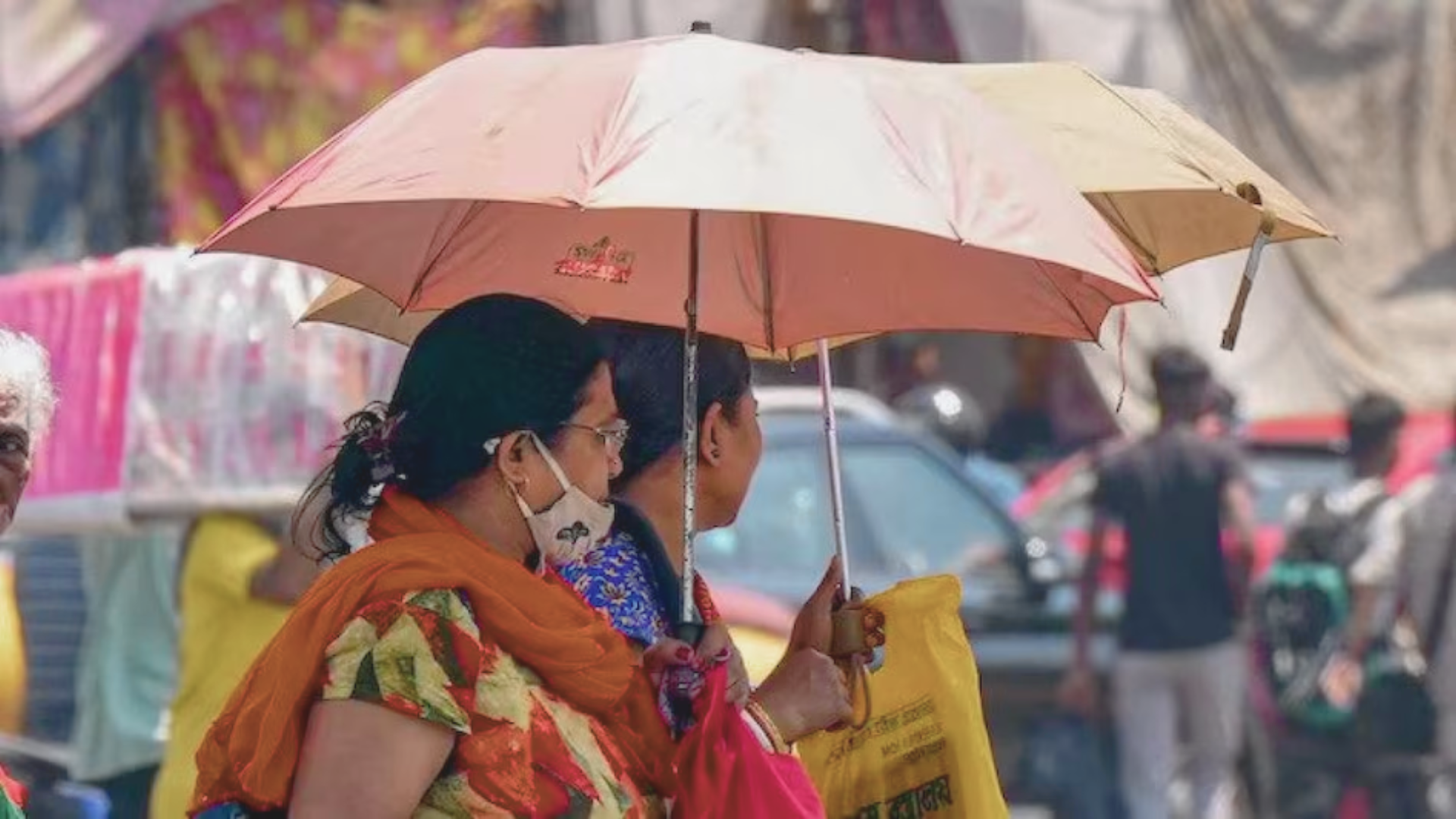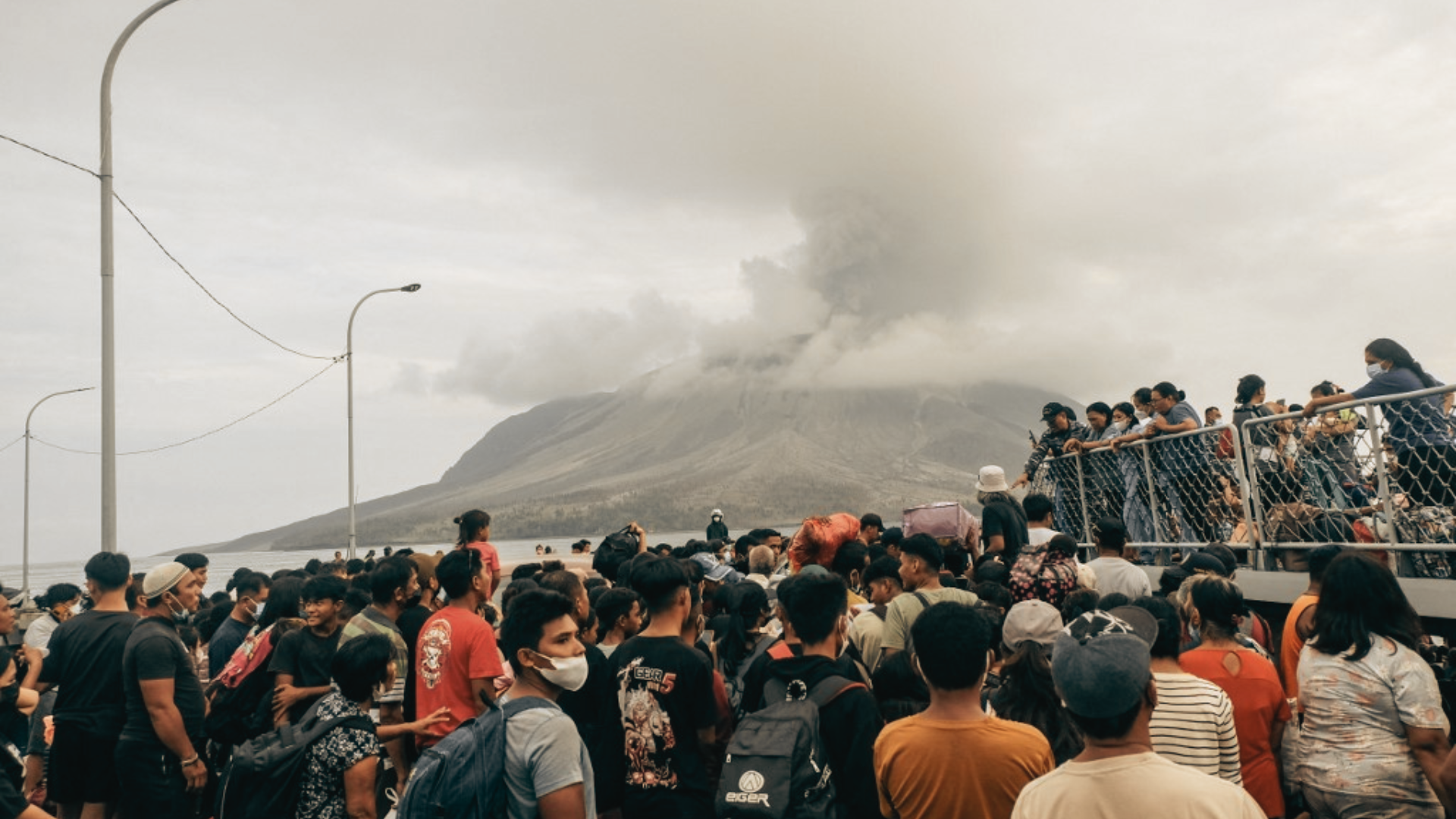










Smugglers and contraband traffickers were forced to quickly adapt to the dynamics of changing circumstances, and they began using novel habitual ways of operating that were robust and resilient to the challenges posed by the pandemic, according to the Directorate of Revenue Intelligence in an annual report titled Smuggling in India Report 2021-22.
Smuggling: Emerging Trends During the Pandemic is a chapter in the report that provides a bird’s eye view of the overall trends that have emerged during the pandemic. It covered various aspects of gold, narcotics, and other contraband such as cigarettes.
According to the chapter in the report, India is the world’s second-largest consumer of gold after China. India’s gold imports were worth $34.62 billion in 2020-21 and rose 33.34 per cent to $46.14 billion during 2021-22. The quantum of smuggling has gone up during the period in which the economic activities were gradually unlocked post-COVID-related lockdowns.
A crucial shift in trend was noticed by DRI in 2019-20, with the largest amount of gold seized by the agency in 2020-21 and 2021-22, of Myanmar origin. In 2019-20, the largest originating country or region of smuggled gold was the Middle East, according to the report.
It added during the pandemic, due to the widespread disruption to air traffic, there was a rise in the instances of gold smuggling by land routes (road or rail).
According to the chapter in the report, India is the world’s second-largest consumer of gold after China. India’s gold imports were worth $34.62 billion in 2020-21 and rose 33.34 per cent to $46.14 billion during 2021-22. The quantum of smuggling has gone up during the period in which the economic activities were gradually unlocked post-COVID-related lockdowns.
A crucial shift in trend was noticed by DRI in 2019-20, with the largest amount of gold seized by the agency in 2020-21 and 2021-22, of Myanmar origin. In 2019-20, the largest originating country or region of smuggled gold was the Middle East, according to the report.
It added during the pandemic, due to the widespread disruption to air traffic, there was a rise in the instances of gold smuggling by land routes (road or rail).
Cigarette smuggling is another area of concern, the report said. It said the high incidence of tax on cigarettes in India results in a tax arbitrage in favour of smuggled cigarettes on which no taxes are paid.
Arbitrage is the simultaneous purchase and sale of the same or similar asset in different markets in order to profit from tiny differences.
The report said an increasing number of cases were detected wherein narcotic substances were found to have been smuggled through the cargo route. This can largely be attributed to the breakdown of passenger air traffic during the pandemic and also to the recent political changes in Afghanistan.
In 2018, red sanders (Pterocarpus santalinus) were reclassified as a ‘near threatened’ species from the earlier classification of ‘endangered’, according to the DRI report.
The wood of most of the red sanders trees has a normal grain. However, there is also a rare variant with a ‘wavy’ grain that fetches higher prices in the international markets. The report from the agency said the high demand and price in the international market is the main cause for illegal felling and smuggling of red sanders.
It also said that the demand for red sanders is said to be mainly in countries like China, Japan, Hong Kong, Singapore, and Myanmar where they are used for making furniture, dyes, musical instruments and also for medicinal purposes.
DRI is the apex body of Indian customs in the field of anti-smuggling and comes under the Ministry of Finance.









